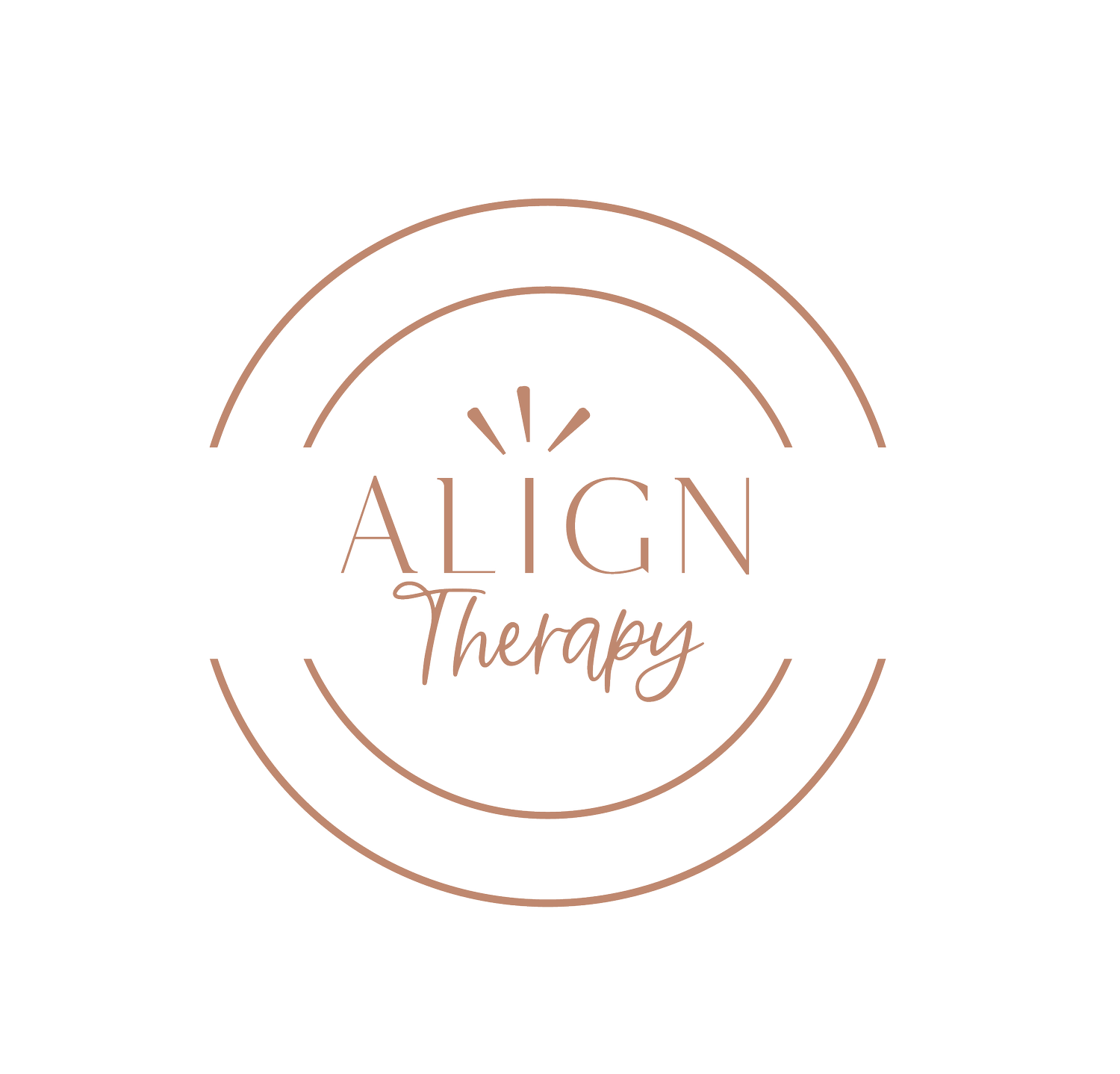Grief Counseling in nyc
You do not have to grieve on your own
You do not have to cope with grief and loss on your own.
Loss is an inevitable part of life for most of us, and can take many shapes or forms. Grief often comes alongside loss, though grief may look and feel different for everyone. If our responses to grief impact our functioning or interfere with our quality of life, this can be a sign that you would benefit from support for coping with your loss.
What is grief?
Grief is a natural response to loss and refers to the range of emotions and behaviors (or lack thereof) we experience as a reaction. Grief can be overwhelming for many, yet can manifest differently for everyone depending on your background, beliefs, and the context of the loss. Grief can be a uniquely personal experience.
Grief can occur as a response to all different types of loss, and is commonly referenced in the context of the death or serious illness of a loved one. However, grief is not exclusive to death. We can experience grief in the context of any loss of someone or something, such as a relationship, job, role, part of your identity, or aspect of your community.
Common sources of grief can include:
Death of a loved one or pet
Loss of a romantic relationship such as in a breakup, separation, or divorce
Loss of a significant friendship
Job loss
Pregnancy loss or fertility issues
Loss of health, physical mobility or ability, or independence
Loss or change in role or identity such as parenthood, siblinghood, etc.
Loss of community such as in a big move or transition at work, school, geographically, etc.
Loss of safety, stability, or security (within a relationship, financially, physically etc.)
Loss of an opportunity, goal, dream, or purpose
Termination of a significant project or part of your life

There is no right or wrong way to grieve.
For some, grief may be expressed via feelings of sadness, anger, guilt, or regret. Others may feel numb or empty. When grieving, it is natural for some to express their grief via displaying emotion, which often looks like sharing feelings of sadness or anger with others, tearfulness, etc.
Others are less likely to grieve via expressing their emotions and may appear stoic, avoidant, or consumed with problem-solving, tasks, or activities. If disruption in functioning due to grief does not decrease gradually over time and is impacting your quality of life, you may benefit from grief counseling in New York City.
How do I know if grief counseling in nyc would help me?
While experiencing grief following a loss is expected, if your emotional pain is prolonged and distress or avoidance are interfering with your regular activities or functioning, you may benefit from professional support to help you cope with grief and adapt to your loss. Grief that is severe, extensive, and impedes you from living a fulfilling, meaningful life is considered a form of ‘complicated’ grief. Symptoms of complicated grief may overlap or mirror those consistent with depression, anxiety, or trauma.
Signs and symptoms of complicated grief:
Anger
Shock, denial
Prolonged sadness or irritability
Profound hopelessness or isolation
Social withdrawal
Guilt or shame
Fatigue, low energy
loss of interest in pleasurable activities
Low motivation
Sleep disruption
Changes in appetite
Difficulty concentrating
How can grief counseling help me?
Grief counseling, or therapy for grief and loss, also known as bereavement, can help you to cope with grief and adapt to loss in a way that can be healing and supportive. Grief counseling in NYC provides a safe space for you to connect to and process your emotions. It is not uncommon for those grieving a significant loss to have complex feelings related to the loss that can result in distress.
Approaching the grieving process can feel overwhelming or even insurmountable. For some of us, grieving a loss can come with feelings of guilt, shame, or secrecy that can be debilitating. At Align Therapy Services, I create a non-judgmental, trusting, and compassionate space for you to work through your grief and move toward acceptance and integration of the loss into your life. Therapy can help you better understand the grieving process and your unique responses so that you have the opportunity to seek comfort and find meaning in your life again.
Grief counseling can provide you with coping tools for managing distress and processing your loss, as well as support you with regaining balance, meaning, and fulfillment in your life.
Grief counseling in nyc can help you with:
Accessing empathy, compassion, and evidence-based support
Feeling seen, heard, and understood within your grieving process
Building insight into your grief responses and impacts of the loss on your life
Developing healthy and adaptive strategies for coping with painful emotions or disruptive impacts of grief
Enhancing self-care practices and reducing negative impacts on functioning
Building self-compassion and regaining balance, meaning, and purpose
Therapy can support you in exploring your reaction to loss, identifying coping patterns that are not serving you, and building self-compassion and inner strength to move forward. In treating complicated grief, I integrate techniques drawn from evidence-based therapy modalities including cognitive-behavioral therapy (CBT), attachment-based therapies including emotionally-focused individual therapy (EFIT), interpersonal psychotherapy (IPT), and acceptance-and-commitment therapy (ACT) to tailor support to each of my clients’ needs when navigating the grieving process.
interested in grief counseling in NYC?
You don’t have to navigate grief alone. If you have experienced a loss, seeking support can help you build hope for the future and find your way. Reach out to schedule a free 30-minute consultation to learn more about how grief counseling in NYC can help you.
Other SERVICES
In addition to grief counseling, as a New York City therapist, I offer mental health services for teens and adults including therapy for anxiety, therapy for depression, and PTSD therapy, as well as therapy for those who want to improve their relationships and disordered eating treatment, among other speciality areas. I specialize in therapy for women who want to find fulfillment, build self-worth, and become the best version of themselves. I provide online therapy to residents of New York, Connecticut, and Washington D.C.




